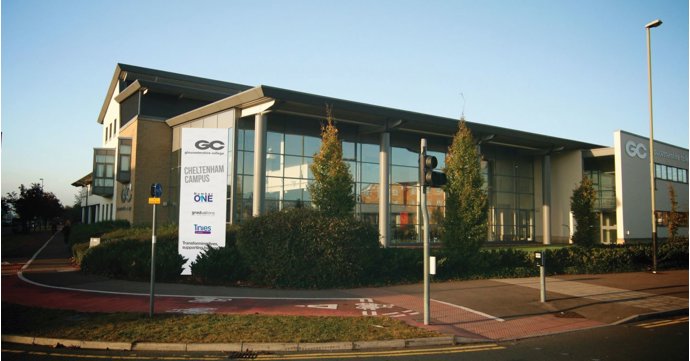According to a new poll by the Country Land and Business Association (CLA), the majority of UK farmers are worried about how their farms will survive after the government's new inheritance tax rules come into force in April 2026.
Nearly 80 per cent of those who participated in the poll said they were worried their business would not survive the next 10 years; 69 per cent said they would have to sell land or take out loans; and more than 60 per cent are considering leaving the industry altogether.
According to the NFU, around 74 per cent of Gloucestershire's land is used for commercial farming – and farmers in the county have already taken to the streets to protest the proposed family farm tax.
NFU Gloucestershire chair and fourth generation arable farmer, Charles Day, whose family farm has been operating for over 80 years, says his family intends to pass their farm onto the next generation but the new tax has the potential to 'finish' the business.
Their 750-hectare farm supports four to five families but has had to diversify in recent years due to increasing commodity prices, market volatility, dwindling financial support, adverse weather conditions and the Russia Ukraine war.
Charles is now facing the possibility of having to sell land in order to pay tax bills, which will ultimately make the farm less profitable and more difficult to pass on to his daughters.
Charles said he feels 'lucky to live and work in one of the most beautiful parts of the country' but noted that Gloucestershire only looks the way it does because the land is farmed, with family farms often being responsible for maintaining the hedgerows, stiles and public footpaths on their land.
He said that farming is 'a lifestyle, it's 24/7 and we do it because we love it' but acknowledged that when family farms fold, there often isn't anyone queueing up to take up the reigns – a sentiment he said Kier Starmer shared at the NFU's 2023 conference.
While taxation isn't the problem in principle – Charles already pays a variety of taxes for his business, which he feels are calculated fairly – his issue with the family farm tax is that it is 'not fair' and he's 'frustrated that the government isn't willing to listen'.
NFU Gloucestershire deputy chair and dairy farmer, Liz Godsell, agrees.
Liz and her daughter are both dairy farmers, where it's not unusual to work 70 to 100 hours a week for less than minimum wage – and the thought of selling land to pay a tax bill is a huge disincentive, especially for younger people who need to be encouraged into the industry.
She said: 'If 60 per cent of farmers are considering selling, who's going to do it?'
Because while farming is enjoyable for her, it is a hard and consuming job, with the early starts, long hours, intensive labour and low profit margins being something many modern workers would find 'unacceptable'.
With farmers being both dedicated and highly skilled, she says they are 'critical' to the British countryside and the new family farm tax shows that the government drastically undervalues farmers.
Liz also worries that we will become a nation of imported food, which is not held to the same high standards as British farms.
Both Liz and Charles highlighted the disparity in the supply chain, where consumers think farmers get paid more than they do for their produce, especially as supermarket prices soar.
They also noted that while farms are considered asset rich due to the land they own, their land is their tool, they can't farm without it, so to base the tax on that land's market value is 'short-sighted'.
NFU Mutual – which has offices in Cheltenham, the Cotswolds, Gloucester and the Forest of Dean – has appealed to the government to halt the family farm tax and consider an alternative, clawback-based approach, which is common in Europe, to enable farms being passed down to continue their day-to-day operations, keep family farms from being broken up, maintain investment and disincentivise IHT reliefs being used for tax avoidance.
The NFU continues to lobby the government to reconsider its plans, which are due to come into force from Monday 6 April 2026.




















